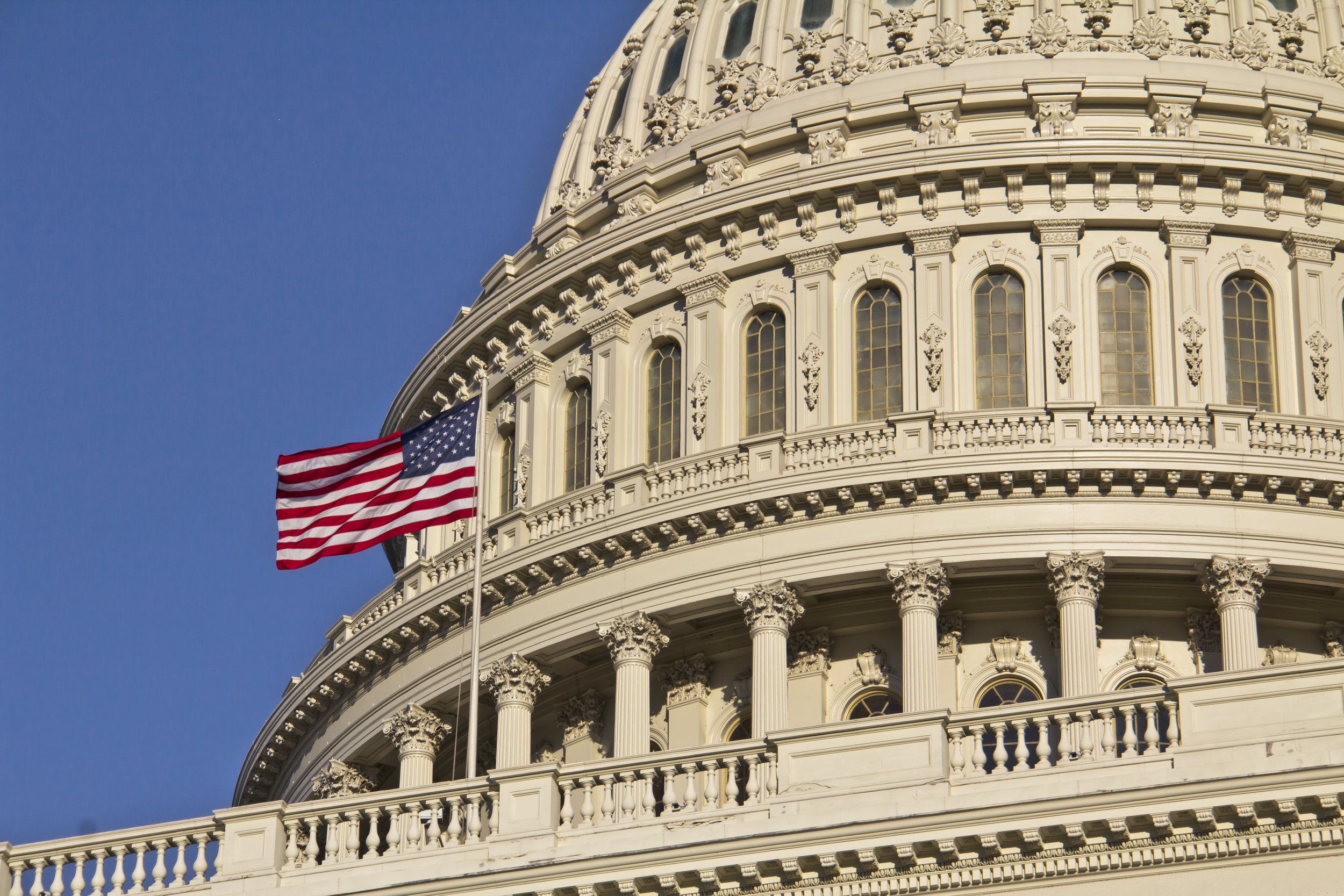What does the US Federal data privacy landscape look like?
The need to safeguard personal data and uphold individual privacy has taken centre stage. But the absence of comprehensive federal data privacy legislation in the United States raises critical questions about how data is protected across the country. While some state-level regulations exist, the lack of a unified federal law leaves gaps in privacy rights, and individuals and businesses have to navigate a complex and inconsistent regulatory landscape.
Yes, data privacy is largely handled on a state-by-state basis, but there are still several federal-level data protection laws that data processors and collectors should be aware of.
The Privacy Act of 1974
The Act governs how federal agencies collect, use and disclose personal information - specifically systems of records. These are agency-controlled records that are retrievable by an individual's name or identifier, e.g. names, and social security numbers.
Agencies have to publicly announce the systems of records they maintain, safeguard personal information, and seek consent before disclosing records. Individuals also have the right to access their records, request corrections and receive an account of any disclosures. The Act is enforced by federal agencies such as the Department of Health and Human Services (HHS) and the Food and Drug Administration (FDA).
The Gramm-Leach-Bliley Act (GLBA)
Also known as the “Financial Services Modernization Act of 1999”, it governs how financial institutions protect the privacy and security of customers' personal information.
The Act applies to financial institutions that offer products or services like loans, financial advice, or insurance.
Under the Act, customers have to be informed on exactly how their information is used or shared in writing. Under the Act’s “Financial Privacy Rule”, customers also have the right to opt out of sharing their information with non-affiliated third parties. Financial institutions are required to establish and maintain administrative, technical, and physical safeguards to ensure the confidentiality and integrity of customer records.
The Health Insurance Portability and Accountability Act (HIPAA)
HIPAA protects the privacy and security of individuals' health information. It applies to “covered entities” such as healthcare providers, hospitals, business associates and insurance companies.
The law establishes standards for the use, storage, and transmission of protected health information (PHI) and grants individuals certain rights regarding their medical data.
The enforcement of HIPAA rules is overseen by the Office for Civil Rights (OCR), and violations can result in civil monetary or criminal penalties.
You can read more about HIPAA here.
The Children's Online Privacy Protection Act (COPPA)
Enacted in 1998, it safeguards the privacy of children under 13 years old when using websites and online services.
To comply with COPPA, websites and online service providers must follow guidelines established by the Federal Trade Commission (FTC). They must:
Obtain verifiable parental consent before collecting any personal data from young users,
Restrict marketing practices that target children under 13,
Display consent forms,
Clearly communicate privacy policies that explain how data is collected and used, and
Implement measures to protect children’s privacy.
The Family Educational Rights and Privacy Act (FERPA)
FERPA safeguards the privacy of student education records and applies to educational institutions that receive federal funding.
Parents or eligible students have the right to access and review the student's education records maintained by the school. This includes the right to request corrections to records they believe are inaccurate or misleading.
Whilst schools can disclose "directory" information without consent - like a student's name and dates of attendance; they must inform parents and eligible students and give them an opportunity to restrict the disclosure of their directory information, should they wish.
The PATRIOT Act
Although primarily focused on national security, the PATRIOT Act grants the government broad surveillance powers to access and collect personal information - including electronic communications - to prevent terrorism.
The Act facilitates cooperation between law enforcement and intelligence agencies by allowing government attorneys to disclose matters before a federal grand jury to officials involved in foreign intelligence or counterintelligence.
The act amended the Wiretap Act to allow listening on private face-to-face, telephone, and electronic communications in cases of serious crimes, including computer and terrorist offences. It authorised delayed notification searches and made changes to the operation of the Foreign Intelligence Surveillance Court (FISC), such as broadening the scope of surveillance purposes and expanding the types of records that could be demanded from businesses.
The federal data protection laws discussed in this article represent a significant stride towards safeguarding personal information, promoting transparency, and upholding the rights of individuals in an increasingly digital world. As technology continues to advance, it's essential that we remain diligent in our efforts to strike a balance between innovation and privacy.
As the data protection web continues to evolve, staying up to date with the newest legislative initiatives will be vital for all those operating within the US and collecting the data of US citizens.



